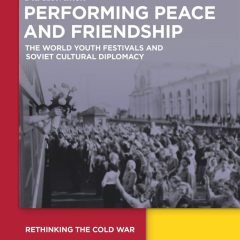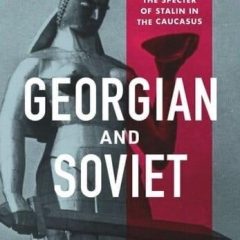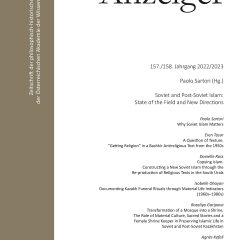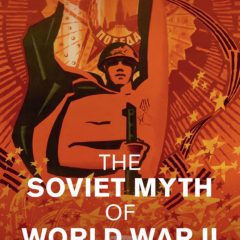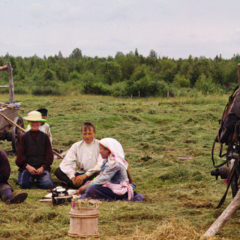Performing Peace and Friendship
Performing Peace and Friendship The World Youth Festivals and Soviet Cultural Diplomacy Pia Koivunen Open Access Performing Peace and Friendship tells the story of how the Soviet Union succeeded in utilizing the World Festival of Youth and Students in its cultural diplomacy from late Stalinism through the early Khrushchev period. Pia Koivunen discusses the evolution of the youth gathering into a Soviet cultural product starting from...
Georgian and Soviet
CLAIRE P. KAISER Georgian and Soviet investigates the constitutive capacity of Soviet nationhood and empire. The Soviet republic of Georgia, located in the mountainous Caucasus region, received the same nation-building template as other national republics of the USSR. Yet Stalin’s Georgian heritage, intimate knowledge of Caucasian affairs, and personal involvement in local matters as he ascended to prominence left his homeland...
Anzeiger
Paolo Sartori (Hg.)Soviet and Post-Soviet Islam: State of the Field and New Directions inAnzeıgerZeitschrift der philosophisch-historischen Klasse der Österreichischen Akademie der Wissenschaften Geistes-, sozial- und kulturwissenschaftlicher 157./158. Jahrgang 2022/2023 SCARICA FILE...
The Soviet Myth of World War II
Jonathan Brunstedt How did a socialist society, ostensibly committed to Marxist ideals of internationalism and global class struggle, reconcile itself to notions of patriotism, homeland, Russian ethnocentrism, and the glorification of war? In this provocative new history, Jonathan Brunstedt pursues this question through the lens of the myth and remembrance of victory in World War II – arguably the central defining event of the...


